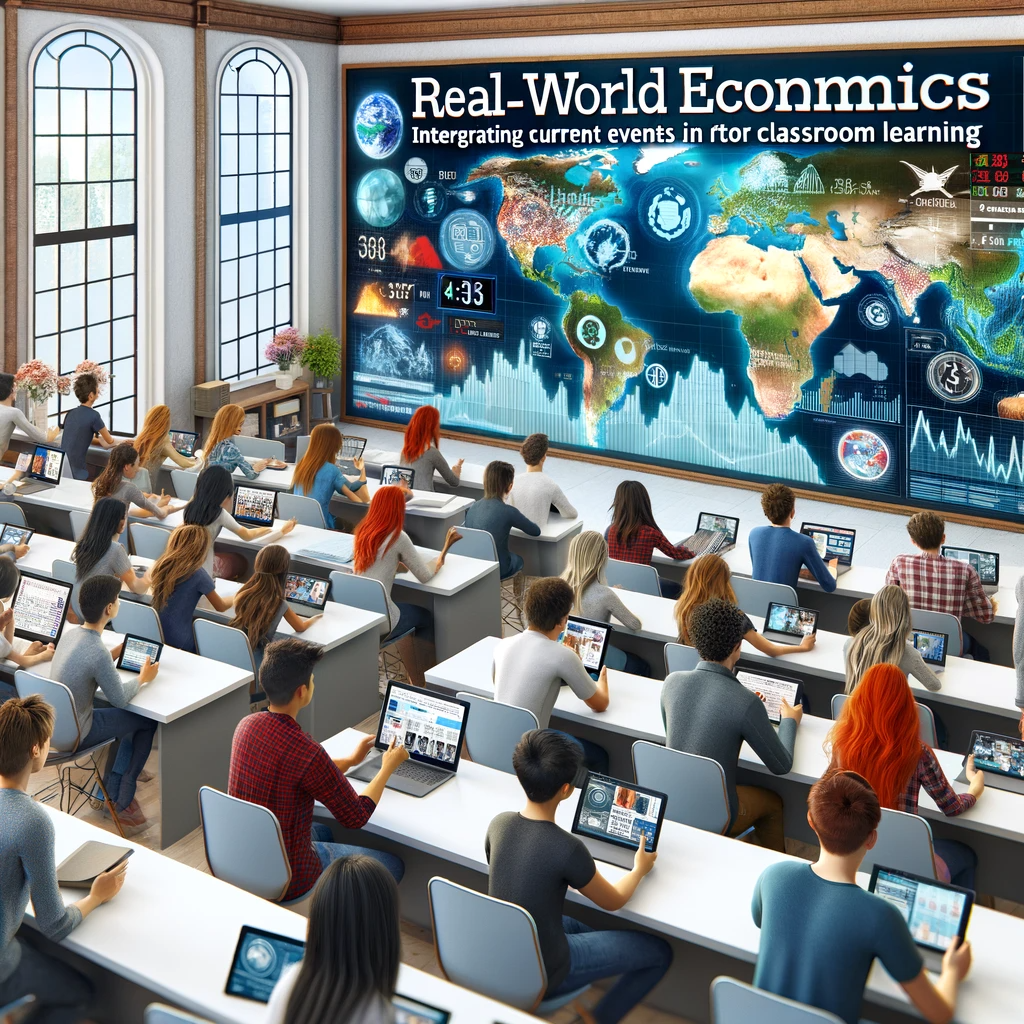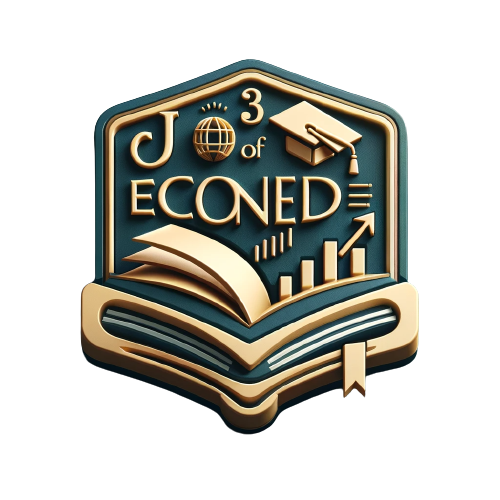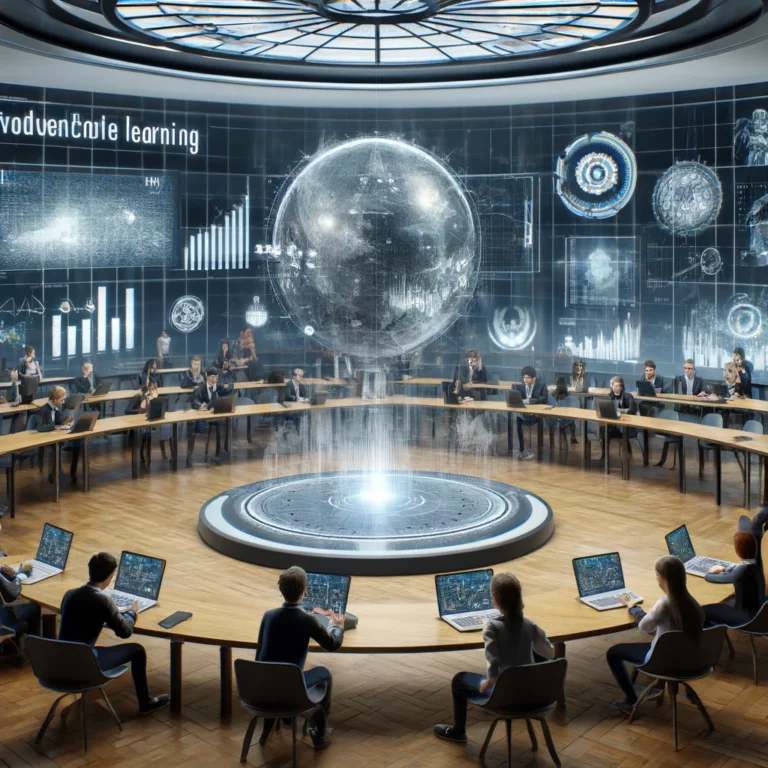Real-World Economics: Integrating Current Events into Classroom Learning
Economics is not just a theoretical subject; it is a living, breathing discipline that interacts with the real world in complex ways. One of the most effective methods to bring economics to life in the classroom is by integrating current events into the learning process. This article examines the benefits and strategies of incorporating real-world economic events into educational settings, enhancing both engagement and understanding for students.

The Importance of Current Events in Economics Education
Current events provide a practical framework for understanding economic theories. They help students connect abstract concepts to tangible outcomes, making the study of economics more relevant and engaging. This approach also prepares students for real-world economic decision-making and analysis.
Strategies for Integrating Current Events
- Case Studies of Recent Economic Events:
- Incorporating case studies from recent news allows students to analyze and understand economic principles in action.
- Discussing events such as stock market fluctuations, international trade disputes, or the economic impacts of global pandemics can make abstract concepts concrete.
- Interactive Class Discussions:
- Regular class discussions on current economic events can encourage students to stay informed and think critically about how these events relate to what they are learning in class.
- This also provides an opportunity for students to voice their perspectives and engage in peer-to-peer learning.
- Use of Multimedia Resources:
- Utilizing news articles, podcasts, videos, and social media posts can bring varied perspectives into the classroom, making the learning experience more dynamic and engaging.
- Multimedia resources can also cater to different learning styles, making the subject matter more accessible to a diverse student body.
- Guest Speakers and Expert Panels:
- Inviting economists, policymakers, or industry experts to discuss current economic issues can provide students with insights into how economic theories are applied in real-world scenarios.
- This also allows for networking opportunities and exposes students to potential career paths in economics.
- Simulation Games and Role-Playing:
- Simulation games that mimic economic scenarios or role-playing exercises can help students understand the complexities and interdependencies within economic systems.
- These activities also enhance decision-making and analytical skills.
Benefits of Integrating Current Events
- Enhanced Engagement and Interest:
- Discussing current events makes economics more relatable and interesting, potentially increasing student engagement and participation.
- Improved Critical Thinking Skills:
- Analyzing and debating real-world events enhances critical thinking and problem-solving skills, crucial competencies for economic analysis.
- Better Preparation for Future Careers:
- Understanding how economics interacts with current events prepares students for careers in business, finance, policy, and various other fields where economic literacy is essential.
Challenges and Considerations
- Bias and Perspective:
- Educators must be mindful of presenting multiple perspectives and avoiding bias when discussing current events.
- Keeping Content Up-to-Date:
- The rapidly changing nature of current events requires educators to continuously update their materials and examples.
Conclusion
Integrating current events into economics education bridges the gap between theory and practice. It not only makes learning more engaging and relevant but also equips students with the tools to understand and navigate the complex economic landscape of the real world. As we move forward, this approach will become increasingly essential in developing well-rounded, informed, and capable economic thinkers.



